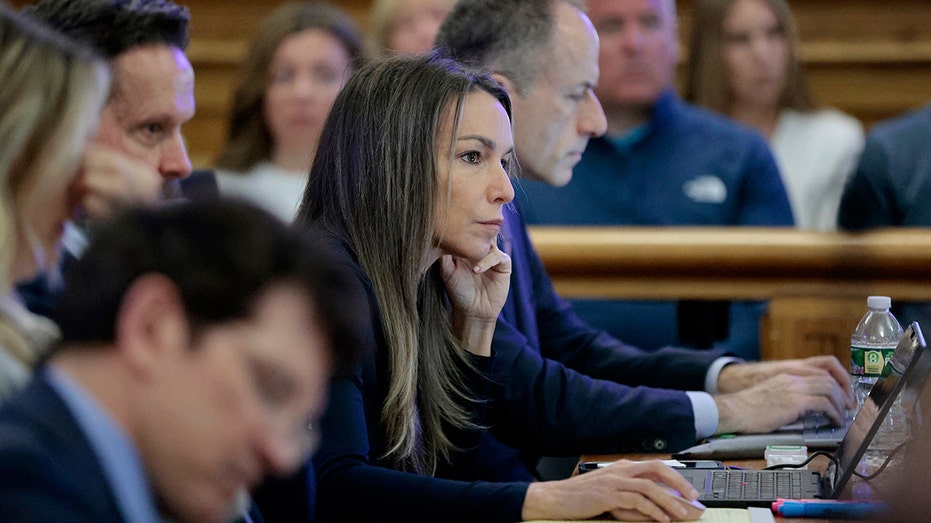BOSTON — A forensic expert whose testimony is anticipated to play a pivotal role in **KAREN READ**’s defense admitted Monday that he shared notes with her legal team during her first trial and received details about prior witness testimony, despite a sequestration order. DR. DANIEL WOLFE, a crash reconstructionist, testified in the initial trial that damage to Read’s SUV—the alleged murder weapon—did not align with a collision involving **JOHN O’KEEFE**, the Boston police officer whose body was discovered on a colleague’s front lawn during a blizzard on January 29, 2022.
Wolfe returned to the stand Monday during a contentious evidence hearing as special prosecutor **HANK BRENNAN** raised concerns about delays in discovery, just one week into Read’s second murder trial. The first trial ended in a mistrial due to a deadlocked jury. Wolfe admitted to exchanging talking points with the defense during the first trial, seemingly violating the sequestration order by receiving information on prior witness testimony. He also acknowledged discussing the case with the defense team on the encrypted messaging app Signal.
Judge **BEVERLY CANNONE** dismissed the jury for the day at lunchtime, resuming proceedings with a scheduled hearing involving crash reconstruction experts from the ARCCA firm. Brennan’s team had previously sought to exclude these experts from the retrial, accusing the defense and ARCCA of deliberately delaying expert witness discovery disclosures. Wolfe, one of two ARCCA forensic scientists who testified in the first trial, stated that the firm’s work would not be completed until May 7, more than a month after the trial began. The defense countered that the delay stemmed from the prosecution’s sluggish handling of its own expert disclosures, which were provided in late March.
Brennan questioned Wolfe about his awareness of prior witness testimony despite the sequestration order. Wolfe admitted receiving verbal communications about key details, including DNA evidence and O’Keefe’s outstretched arm, which were not included in his expert reports. When asked if he was aware of the sequestration order, Wolfe responded, “I was never made aware of that.”
The hearing also focused on whether the jurors should hear new findings from ARCCA, which have yet to be finalized. Judge Cannone asked **DR. ANDREW RENTSCHLER**, the other ARCCA expert, if he could expedite the findings before May 7 if ordered. Rentschler responded, “If you order me to do so, I mean I could.” Both experts had previously testified that the damage to Read’s car and O’Keefe’s head was inconsistent with an impact between the two.
Earlier in the day, **IAN WHIFFIN**, a digital forensics expert with Cellebrite, testified about data retrieved from the phones of O’Keefe and **JENNIFER MCCABE**, a witness present at the scene. His testimony undermined two key defense theories: that McCabe conducted a hypothermia-related Google search hours before O’Keefe’s body was found, and that O’Keefe may have been injured inside the home and left outside to die.
Whiffin clarified that a timestamp on McCabe’s phone indicated she opened a new browser tab at 2:27 a.m., but the search occurred hours later. He also used location data, Apple Health records, and phone temperature metrics to reconstruct O’Keefe’s movements, confirming he stopped responding to calls shortly after 12:30 a.m. near the flagpole outside 34 Fairview Road. His phone remained stationary until his body was discovered around 6:04 a.m.
Despite the conflicting narratives, Read has pleaded not guilty. Her defense maintains that her SUV never struck O’Keefe, while prosecutors allege she backed into him during a drunken altercation outside the home and left him to die in the snow.
Whiffin is expected to return to the stand Tuesday for cross-examination.
SOURCES:
[FOX News](https://www.foxnews.com)
[Associated Press](https://www.apnews.com)
